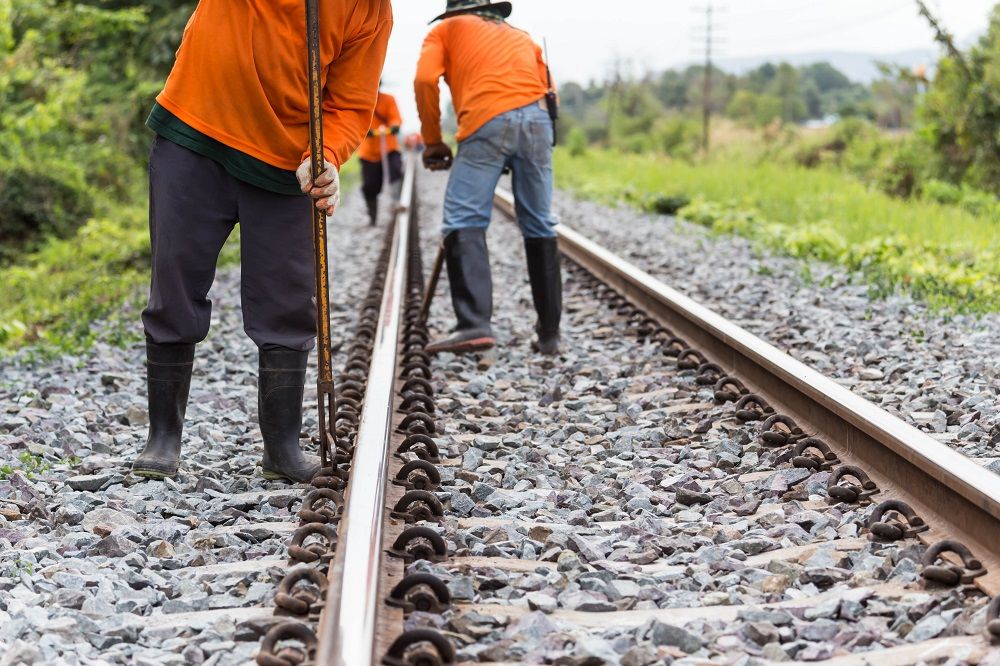It is not an easy task to be a rail labourer. One has to put in hours of physical labour outdoors when installing or repairing tracks. Their primary role is to ensure proper operation of railways and keep the rails gauged and properly working. To become a rail labourer, one needs to get the required education and training first. Many people and their lives depend on these workers.
Becoming a rail labourer
In order to get the education, you need to find schools in your area or state. Railroad occupations need a high school diploma and several months of on-the-job training. The on-the-job training goes on for a couple of months and under an experienced engineer. Railroad companies provide continuing education so that the rail labourers can maintain their skills and keep abreast of the latest technologies. The workers hired are always under constant pressure to deliver perfection in their work. A lot depends on the company and the complexity of the job.
Once the training and education are complete, rail labourers and workers must be certified by the Federal Administration. A written knowledge and skills test to determine if the candidate understands the various aspects of his job. In addition, he is also required to pass a vision and hearing test. When hiring a professional top priority is given to the quality of the work that the worker provides.
Duties of a Rail Labourer
A rail labourer is responsible for the upkeep and repair of railway tracks and tram services so as to facilitate the proper operation of railways and trams. Apart from taking care of the tracks, they are responsible for repairing signs and signals. As they work with complex machines, they are expected to carry sound mechanical skills
Their primary duties may involve the following:
- Applying oil to wheels and tracks for smooth running of the trains.
- Be there to help during problematic situations and an emergency.
- Repair railways signs, signals, and equipment.
- Install railway sleepers and join rails to help the rails upright.
- Measure rails and remove any damaged and worn out rail ends.
- Provide routine maintenance.
- Spread and tamper ballast to provide a firm foundation.
- Position and fasten rails on sleepers.
- Drill bolt holes and weld rail sections.
- Clean and lubricate switches.
- Maintain switch signal lamps.
Apart from having the technical skills and known how to use a variety of tools and equipment, rail labourer must be good with his communication and organisation skills. He should pay strong attention to detail and willing to work in challenging conditions. It is their responsibility to see that the trains run on schedule and must plan ahead. They should remain aware of their surroundings and should be alert for any warning signals. Good customer service skills and leadership skills are expected from the rail labourers.
Working hours for a Rail Labourer
The railway labourer typically works in wide-ranging schedules based on the requirement and railway maintenance. He is seen working in cold and harsh weather conditions that can be uncomfortable sometimes. Thus, only if you have the motivation and determinations to work as a railway labourer, only then you should enter the field.
Job Outlook for Rail Labourer
There is a steady rise in the employment of railroad labourers and workers because of the urbanisation and expansions. The demand for their skills is expected to grow in the coming years because of the rise in the transportation of bulk commodities. The shipment of goods through numerous transportations means may upsurge demand for some railroad workers.
Keep the above aspects in mind if looking for information related to rail labourers.


